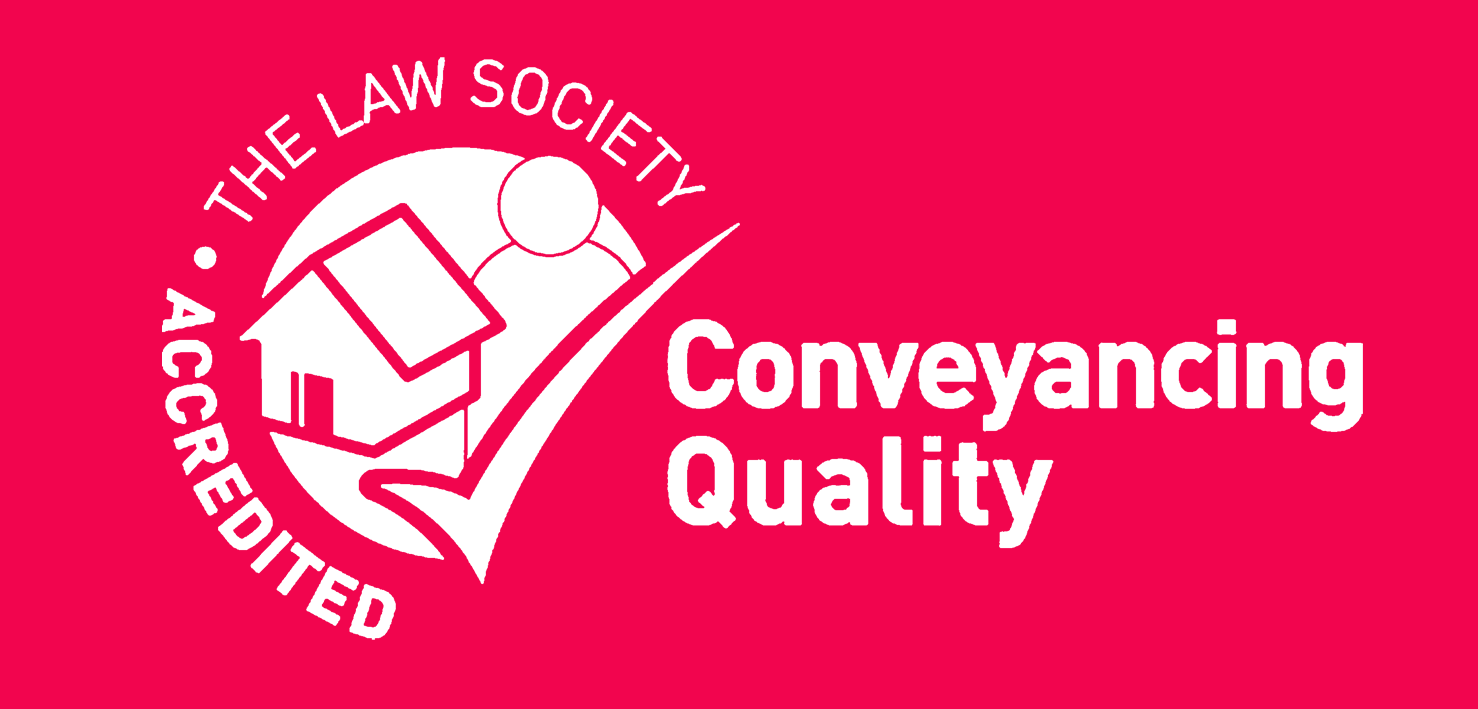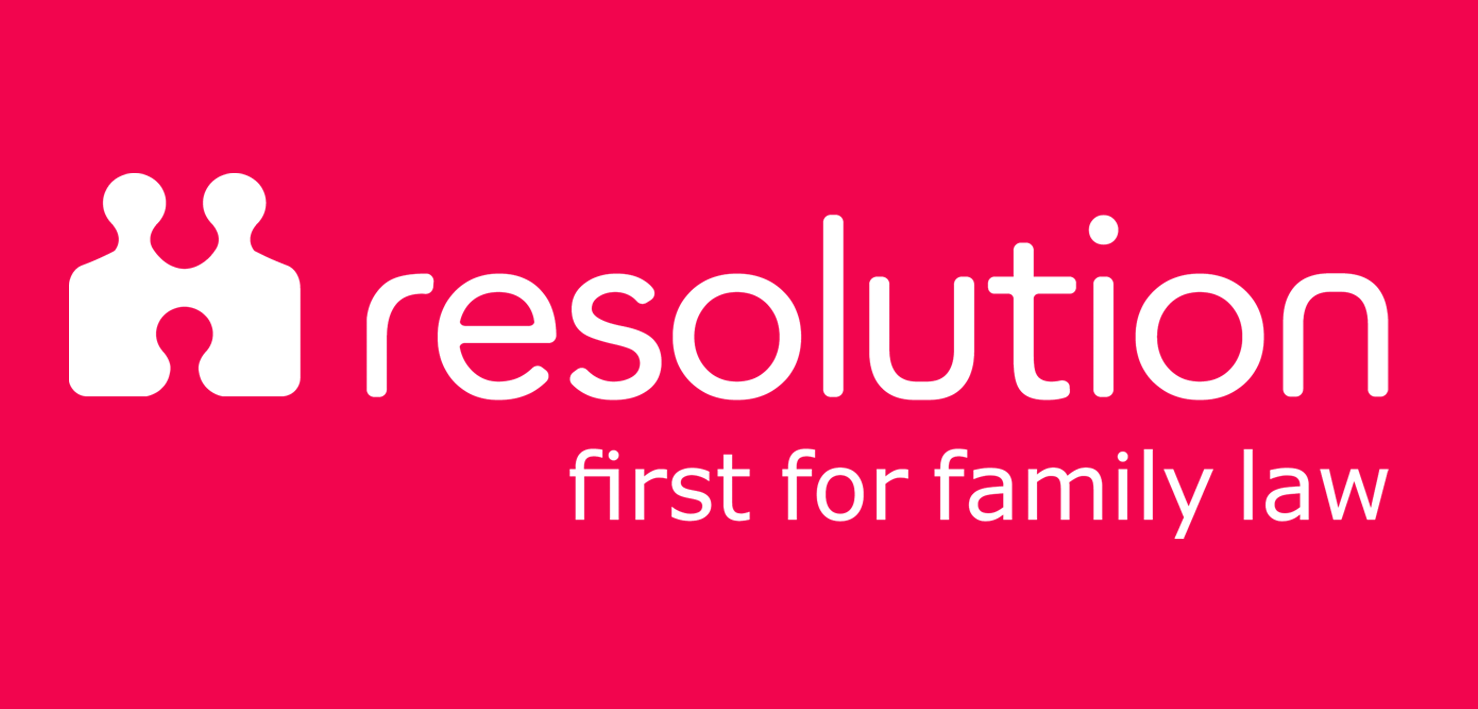It is very distressing to lose someone, especially at Christmas time when many services are disrupted. Here at Awdry Law we will do our best to help you navigate through these difficult times. This note is intended as guidance for dealing with the initial steps when a death occurs over the Christmas period…
Within a few days after a death, the first steps to take are as follows:
- Make sure that the home and possessions of the person who has died are secure.
- Register the death.
- Start arranging the funeral.
Who does what?
The family and friends of the person who has died can usually deal with most of the practical things that need doing immediately after a death. Solicitors normally get involved a little later, when the personal representatives ask for their advice about the estate. If there is no family member or friend to deal with the practical matters, then Awdry Law can help with some or all of these too.
What are the priorities?
The things that have to be done immediately after a death can be done in the order in which they appear in this note but this is just a suggested order. It is not inflexible and in particular cases it may not be possible to follow it rigidly.
Security and insurance for the property of the person who has died
Are the home and possessions safe?
You need to read this section only if the person who has died lived alone in a private home. Otherwise, go straight to the section below on insurance.
If the person who has died lived alone, someone should go to his or her home on the day of the death. Take the security precautions that you would take when leaving your own home empty for a while, such as locking all doors and windows, stopping deliveries of papers and milk and moving valuable items so that passers-by cannot easily see them.
Everything that is in the home of the person who has died should remain there. This makes it easy to arrange for all the person’s property to be valued. (It has to be valued for inheritance tax purposes.) If there are very valuable items and you believe they are not adequately insured, consider moving them to a more secure place but consult the executors or close relatives of the person who has died or the person’s solicitors before you do this.
If you know that the person who has died had a gun licence and kept firearms at the property, report the death to the police so that they can make arrangements for the guns to be kept safely. The British Association for Shooting and Conservation has guidance on dealing with firearms when someone dies (see British Association for Shooting and Conservation: Bereavement and unlicensed firearms (www.practicallaw.com/0-621-6923).
If the person had a pet, make temporary arrangements for it to be looked after by family or friends or through an animal rescue charity.
Insurance
On your first visit to the home of the person who has died, look for papers relating to the insurance of the property and its contents, even if you do not have time to look for other important papers at this stage. Then ring the insurers, tell them about the death and make sure that there is adequate home and contents cover in place. Keep a note of your conversation with the insurers and put it with the papers relating to the insurance. Hand all these papers over to the executors or their solicitors as soon as possible.
Registering the death
When someone dies, a doctor issues a medical certificate which states the cause of death. The death then needs to be recorded formally on the register for births, deaths and marriages. See the section below on deaths reported to the coroner and inquests for what happens if the doctor is uncertain about the cause of death.
When to register the death
A death must usually be registered within five days after the date of the death. However, as there will be reduced hours to register the death over the Christmas period then please do not worry about this if the registration takes slightly longer than this.
Who can register the death?
If the death was in hospital or in a private home (including a nursing or residential home), the following people can register the death:
- A relative.
- Someone who was present at the death but who is not a relative.
- Someone representing the “occupier” of the building where the death occurred (for example, the warden of a block of sheltered flats, the manager of a residential home).
- An official from the hospital.
- Anyone who has taken responsibility for arranging the funeral.
If the death was not in a public building or a private home, the following people can register;
- A relative.
- Anyone present at the death.
- Anyone who has taken responsibility for arranging the funeral.
A relative should, if possible, register the death but the registrar allows non-relatives if no relative is available.
Where is the register office?
The death must be registered at the register office for births, deaths, marriages and civil partnerships for the district where the person died. If you do not know where this is, contact the local authority or visit its website or the https://www.gov.uk/register-offices
Ring the register office first to find out if it has an appointment system.
Where to find the information you need?
If you do not know all the details about the person who has died that you need for the registrar, you should be able to find them in his or her birth certificate, marriage or civil partnership certificate and state pension or allowance book.
Death certificates
The registrar issues an official copy of the register, called a certified copy death certificate, after the person registering the death signs the register.
You can obtain any number of certified copy death certificates. You have to pay for them; the price varies from one local authority to another. You can claim back the cost from the estate in due course. You need several copy certificates to send out when giving notice of the death to banks, insurance companies and so on.
Certificate for burial or cremation
The registrar also issues a certificate for burial or cremation. Give this to the funeral director who is making the funeral arrangements.
What if the death is reported to the coroner?
If the death is reported to the coroner and the coroner is satisfied that the death is natural, then the coroner notifies the registrar and the death is registered in the usual way. However, if the coroner decides that an inquest is necessary, the registrar cannot issue a death certificate or a certificate for cremation.
What kind of funeral did the person who has died want?
Many people leave notes saying what kind of funeral they would like, or they express their wishes in their wills. You are not legally obliged to follow the wishes of a person who has died but usually relatives and friends prefer to do so. It can be distressing to discover after the funeral that it was not arranged as the person wished, so look as soon as possible for a note and for the will.
Paying for the funeral
By taking on the responsibility for arranging the funeral, you are also taking on the responsibility of paying for it. You will eventually be able to reimburse yourself from the estate of the person who has died, if there is enough money in the estate to cover the funeral expenses.
You, or other family members, may be willing to pay the funeral expenses, on the basis that you will claim repayment from the estate later. However, there are other ways of paying for the funeral:
- Look through the papers of the person who has died for anything relating to a pre-paid funeral plan. If you find that the person subscribed to a plan, contact the provider and follow the procedure it recommends.
- A bank where the person who has died had an account may be prepared to release money from the account. The bank “freezes” an account when it learns about the account-holder’s death, making no further payments out. However it may make an exception for funeral expenses. Contact the bank to ask whether it will release money to pay for the funeral.
- Look through the papers of the person who has died for anything relating to life insurance or pensions and contact the providers. If the person had a job at the time of the death, contact the employer’s HR department. Lump sum payments can often be made from life insurance policies and pension schemes very soon after a death. However, you should, if possible, consult the solicitors advising the personal representatives before using lump sums of this type to pay funeral expenses: there may be a more tax-efficient way to use the money.
- If you are arranging a funeral for a partner or close relative and you are on a low income, you may qualify for help in paying for it. You may have to repay some or all of it from the estate of the person who has died.
Please click here to arrange a no-obligation appointment to discuss any issues that you may have so we can advise on the next steps of the estate administration.





